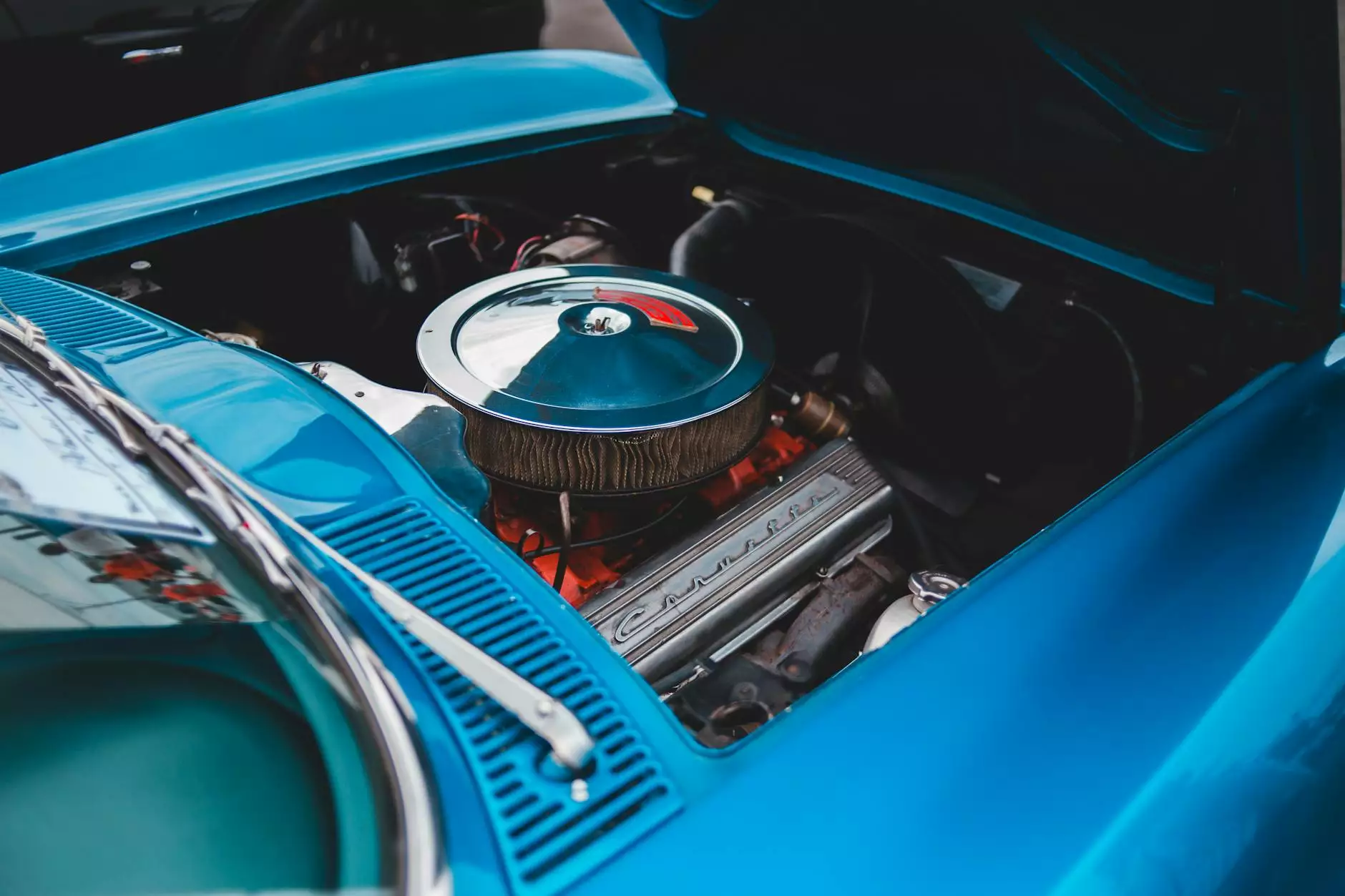The Essential Role of the Crankshaft in Car Engine Performance

Introduction to the Crankshaft
The crankshaft in car engine systems plays a pivotal role in converting the linear motion of the pistons into rotational motion, which ultimately powers the vehicle. Its robust design is crucial for optimal engine performance, making it an integral component of both gasoline and diesel engines.
Understanding the Crankshaft's Functionality
The function of the crankshaft is fundamentally simple yet incredibly impactful. It connects the pistons to the transmission system, allowing the energy generated from fuel combustion to be transmitted to the wheels. This section will elaborate on its functionality, including:
- Conversion of Motion: The crankshaft transforms the reciprocating motion of the pistons into rotational movement.
- Distribution of Forces: It evenly distributes forces generated in the engine, ensuring smooth operation.
- Connection to the Flywheel: The crankshaft connects to the flywheel, providing momentum to keep the engine running smoothly between power strokes.
Design and Construction of a Crankshaft
Crankshafts are typically made from high-strength materials such as forged steel or cast iron, enabling them to withstand the immense forces during the combustion process. Here are some of the crucial features:
Key Components of Crankshaft Design:
- Counterweights: These are crucial for balancing the engine, reducing vibration and improving the overall stability.
- Crankpins: These pins connect the crankshaft to the connecting rods, facilitating the transformation of motion.
- Oilways: Essential for lubrication, they help reduce wear and tear on the component, thereby extending its life.
Importance of Crankshaft in Diesel Engines
In diesel engines, the crankshaft bears the brunt of powerful forces due to diesel fuel's high compression ratios. This section explores why a robust crankshaft is essential for diesel engines:
Heavy-Duty Performance:
Diesel engines produce more torque at lower revolutions per minute (RPM), which places greater demands on the crankshaft. A well-engineered crankshaft is vital for handling these stresses efficiently, preventing failures and ensuring longevity.
Torque Transfer:
The crankshaft must effectively transfer high levels of torque, particularly in commercial vehicles that rely heavily on durability. A poorly designed crankshaft can result in increased wear on other engine parts.
Common Issues Related to Crankshafts
Understanding Crankshaft Failures:
Despite their robust construction, various issues can affect the crankshaft, including:
- Crankshaft Deflection: Caused by excessive torque can lead to a misalignment that affects engine performance.
- Wear and Tear: Over time, insufficient lubrication can result in surface degradation, which impacts performance.
- Fatigue Cracking: Repeated stress cycles can lead to cracks, particularly in high-performance applications.
Maintenance of the Crankshaft
Proper maintenance of the crankshaft is essential for extending its life and ensuring reliable engine function. Consider the following maintenance strategies:
Regular Oil Changes:
Frequent oil changes help maintain adequate lubrication, which is crucial for minimizing wear. High-quality oil helps to keep the crankshaft in optimal condition.
Inspection for Cracks:
Regularly inspect the crankshaft for any signs of cracks or stress fractures. Early detection is critical for preventing catastrophic failures.
Choosing Quality Crankshaft Suppliers
When it comes to sourcing diesel engine parts, including the crankshaft, it’s vital to choose reputable suppliers. This decision can affect the performance and lifespan of your engine significantly. Consider the following when choosing suppliers:
- Reputation: Look for suppliers known for their quality products and excellent customer service.
- Warranty: Ensure that the supplier offers warranties on their products, which reflects their confidence in the quality.
- Range of Parts: Suppliers who provide a wide range of parts, including OEM and aftermarket options, are often more reliable.
Conclusion
The crankshaft in car engine designs is a fundamental component that ensures smooth operation and effective power transfer from the combustion process to the vehicle's wheels. Whether you are involved in the automotive industry, a supplier of diesel engine parts, or just an automotive enthusiast, understanding the significance of the crankshaft can enhance your appreciation for this engineering marvel.
Choosing high-quality parts from reputable suppliers like client-diesel.com is essential for maintaining engine performance. Invest in the best to ensure your vehicle operates at its peak for years to come. Understanding, maintaining, and sourcing the right crankshaft can make a profound difference in vehicle performance, especially for diesel engines where reliability and durability are paramount.
Contact Us
For more information about diesel engine parts and spare parts suppliers, please visit our website at client-diesel.com. Our expert team is ready to assist you in finding the right components for your engine needs.









